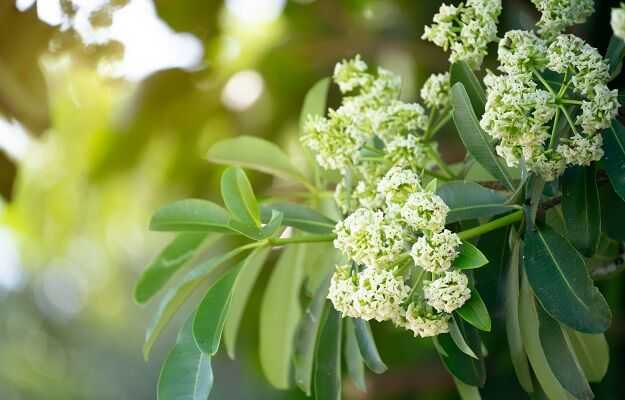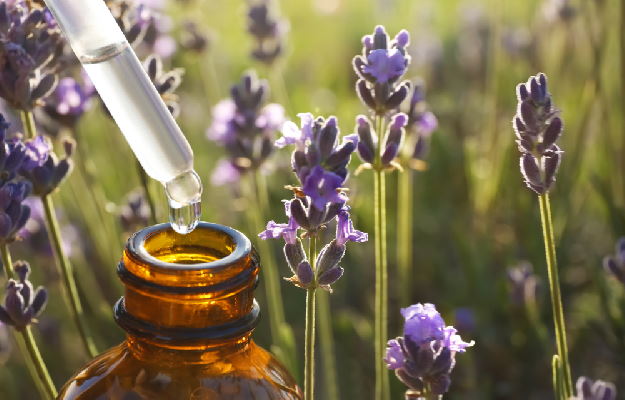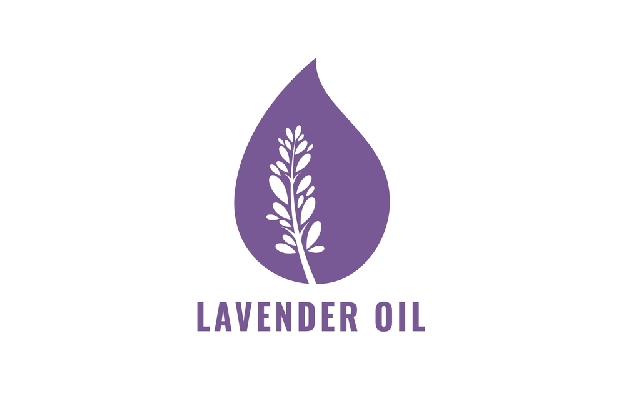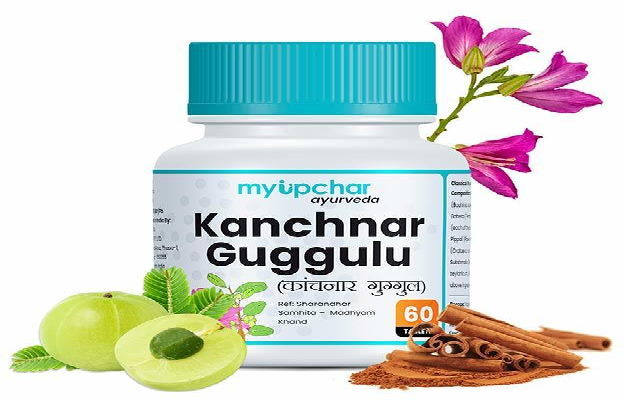Saptaparni is an evergreen tree with small greenish-white flowers and a distinctive strong smell that can be observed from December through March in the sub-Himalayan regions in India. The plant has a greyish bark with a whitish-yellow latex.
This herb has been used in Ayurvedic, Siddha and Unani medicine for the treatment of various health conditions ranging from debility to open wounds, impotence and jaundice. Saptaparni bark is said to be effective as an alternative to the malaria drug quinine.
However, the herb has anti-fertility effects and hence it is best to consult a doctor before taking it in any form.
Some facts about Saptaparni:
- Botanical name: Alstonia scholaris
- Family: Apocynaceae
- Other names: Devil’s tree, Scholar tree, Dita bark, Blackboard tree
- Sanskrit name: Saptaparna, Saptachada, Chatraparna
- Parts used: Leaves, flowers, latex, stem bark
- Geographical distribution: Saptaparni is native to South-East Asian countries and the Indian subcontinent. In India, the plant is found all over the sub-Himalayan region, especially east of the Yamuna river. Saptaparni is also found in southern China, tropical Africa and some parts of Australia.
- Interesting facts: Alstonia scholaris is believed to be inauspicious and the devil’s abode which is believed to be due to the strong fragrance of its flowers that is apparent especially in the night.























